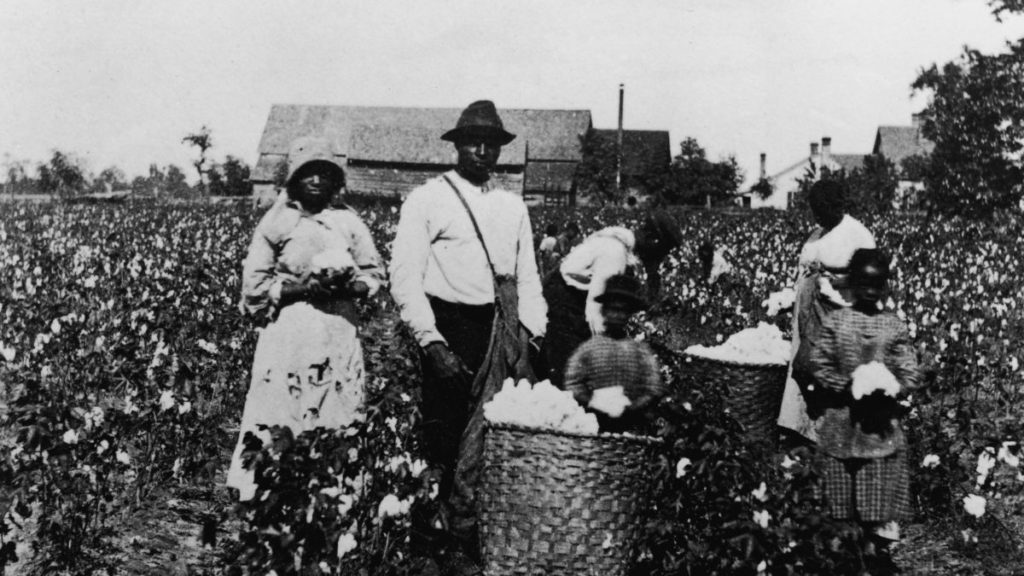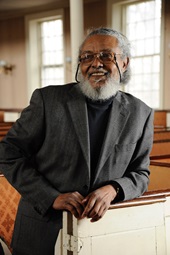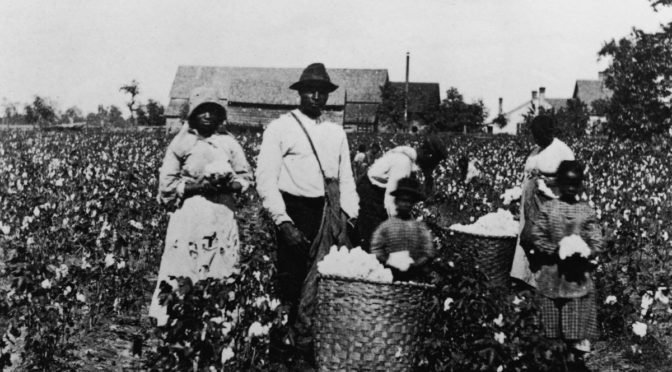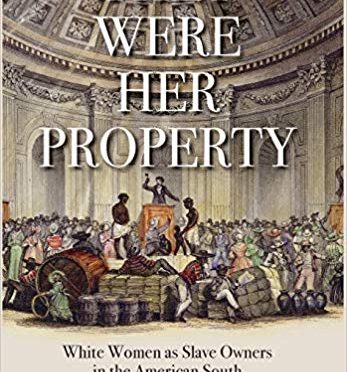America must adopt a new paradigm that fully embraces all citizens and must include the abolishment of race, which is a social construct created to justify slavery…Slavery lasted for more than 240 years, and it will not be until about 2111 that people of African descent will have been free as long as their ancestors were enslaved. But if faced with courage, it need not be lived again.
― Former Massachusetts State Representative Byron Rushing
Civil rights activist Byron Rushing traces the theme of colonial domination and slavery in the shaping of America’s history and civilization, beginning with the “founding” of a country that was already known to its original inhabitants, the native Americans. Political activist and historian Byron Rushing argues that America’s history has always been a creation of the victors in the struggle for land and prosperity.

Here are seven things you probably didn’t know were connected to slavery
Recorded in 2003 at Cambridge Forum

In 1969, Byron Rushing became the Director of the Urban Change Program for the Urban League. Later he worked as the president of Boston’s Museum of African-American History. In 1982, Rushing was elected as a representative of the Massachusetts House of Representatives. He was the chief sponsor of a law to end discrimination on the basis of sexual orientation in public schools, and has worked to launch community development investment of poor communities of Massachusetts.


